How to Stay Safe with a Hearing Loss
Hearing loss affects more than 48 million Americans (about 15% of the population) and is the third most prevalent chronic health condition facing older adults. Although digital hearing aid technology is often the recommended treatment for the majority of sensorineural hearing loss cases, less than 20 percent of those who would benefit from treatment actually seek it. Those who do wait an average of 10 years to seek it; most wait until they cannot communicate in even the best of listening situations.
Psychological
Studies show that older adults with untreated hearing loss have significantly higher rates of anxiety, depression and social isolation. But with the use of hearing aids, most of these psychological conditions improve. Older adults with hearing aids are more likely to participate in social activities then those who don't have hearing aids. Relationships at home, work, mental health and self confidence improve with hearing aids.
Cognitive Decline
Research discovered that individuals with hearing loss are twice as likely to develop dementia than those with normal hearing. This risk increased three times with moderate hearing loss and up to five times as likely in those with hearing loss.But fortunately, scientists have discovered that with the use of amplification such as hearing aids, dementia improves.
Risk of injury from falling
Another study found that those with a mild hearing loss, were three times more likely to have a history of falling. With every 10db of hearing loss, the risk for potential falls increase by 1.4%. Balance is very "cognitive demanding" just as well as hearing loss is, which means the brain spends extra energy compensating for the hearing loss; it spends less energy on balance.
Reduced alertness
Untreated hearing loss can also lead to your own safety too. If you can't hear well, you may not respond to important danger symbols. You many miss the railroad warnings, police sirens, tornado sirens and smoke detectors. This could lead to not only your personal safety being in danger, but also your loved ones. Studies show that regular smoke detectors are not always effective at waking those with a hearing loss.
